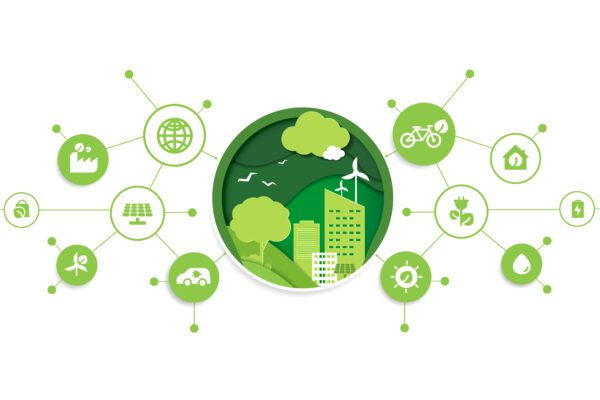The world’s first Centre for Ecocities supports the evolution of ecocities worldwide. Led by Dr. Jennie Moore, a leader in the advancement of sustainable cities and lifestyles, it supports research and provide the tools, metrics, expert planning and policy advice, training and other services that cities and their partners need to become genuine ecocities.
One Planet Living Quiz for Earth Day (and Every Day!)
In time for Earth Day (April 22), BCIT Centre for Ecocities, with the support of OneEarth Living and the Real Estate Foundation of BC, has developed a fun quiz about climate actions that individuals can take.
Keep Connected
Follow us on linkedinFollow us on twitter
Contact the Centre for EcocitiesSubscribe to our Newsletter
The establishment of the Centre for Ecocities is made possible with funding from the Real Estate Foundation of British Columbia (REFBC). REFBC is a philanthropic organization that works to support resilient, healthy communities and natural environments.



